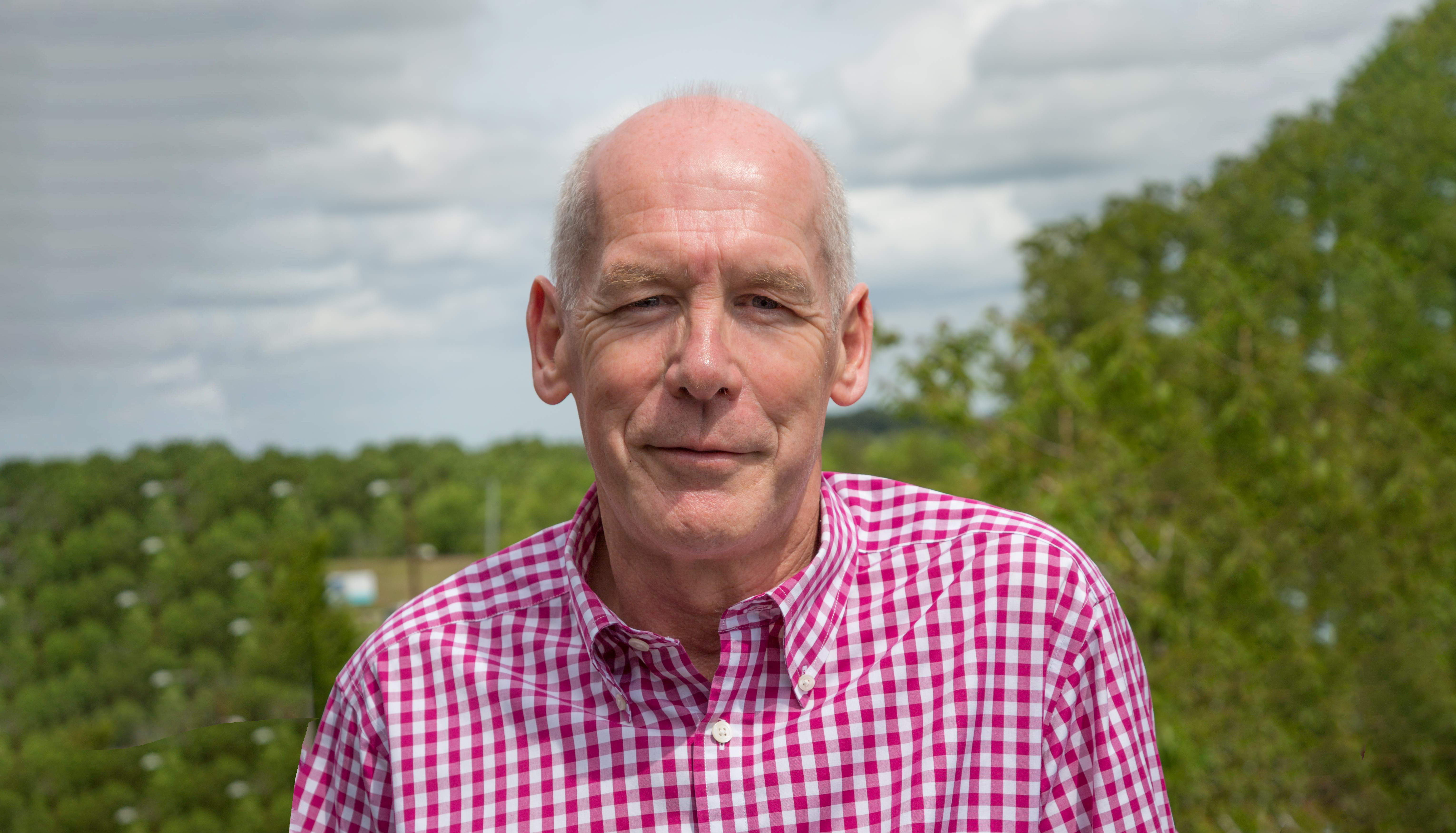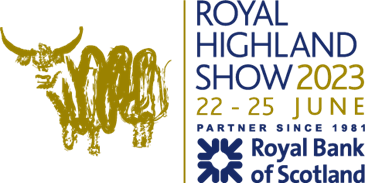A vaccine developed by Scottish scientists which has transformed herd and flock health for farmers across the world over the last 25 years is being brought into focus as part of the RHASS Presidents’ Initiative.
The penultimate case study for the RHASS Presidents’ Initiative, which will be showcasing in full at the Royal Highland Show at the end of June, celebrates what has turned out to be one of the most significant global advances in livestock vaccination.
Developed at the Moredun Institute by Professor Willie Donachie and his research team, the Mannheimia (Pasteurella) haemolytica vaccine owes its success to the novel discovery that to survive, the bacteria needed to be able to access iron. From this, he developed a new technique that significantly reduced the occurrence of pneumonia in lambs and calves.
Although a vaccine existed previously, it was not effectively immunising against all 15 strains of Pasteurella. The transformation came from Professor Donachie’s understanding of the disease pathogenesis.
In ground-breaking experiments comparing laboratory grown bacterial cells (in vitro) with those recovered from a live animal (in vivo) with pneumonia, he saw that the in vivo grown cells contained extra proteins and further investigation showed these proteins were instrumental in the bacteria acquiring iron. The proteins, Iron Restricted Proteins (IRPs), represented potential vaccine components.
Fundamentally, he recognised that if the vaccine cells could be grown to produce IRPs replicating the conditions in the sheep’s body, it would trigger a protective immune response in the live animal.
“Vaccinations are prevention rather than cure, and it was important to get a vaccine that could cover all strains of P.haemolytica in one. It was a really exciting time using new technologies to make new discoveries, and strange as well because we were working on something game changing we but couldn’t talk about it to anyone while the development was ongoing. We were fortunate: it was the right people and the right time, and, like all my research and work over 37 years at Moredun, it was the fantastic opportunity to work collaboratively with farmers and scientists to create necessary solutions for real issues.”
The vaccine was patented and developed commercially in partnership with Hoechst Animal Health. The main royalties from the patent were dedicated to funding future research and development at the institute. A proportion was also shared between the core research team and all the staff working at Moredun at the time. Officially launched in 1997 as part of a multivalent vaccine that also immunises against clostridial diseases, the vaccine is recognised worldwide as one of the most significant contributors to sheep and cattle health.
Hill livestock farmer, Andrew Houstoun, who farms 1100 breeding ewes and 160 Angus cattle, as well as deer, in Highland Pertshire, said the vaccine is vital for the way he farms and ensuring consistent flock and herd health. With regards to the dominant sheep enterprise, he says,
“This is essential for our system as we have sheep out on the hill and across a number of other farms and farming extensively like this, we can’t keep a close eye on all the sheep all the time and may miss signs of declining health. We’d be lost without it – it’s easier management for us, it keeps treatment costs and losses down, and productivity up. There are a lot of challenges in sheep farming at the moment between rising feed costs, lack of labour and profitability, but one thing we are lucky with is health.”
RHASS Presidents’ Initiative Honorary President, Ian Duncan Millar, a sheep farmer and active ambassador for sheep health research, development and practice as well as Chair of the Moredun Foundation (2012-2020), said:
“This extraordinary step in science, and its ongoing impact 25 years on, is a testament to the importance of continuous scientific research and development to support optimal farming and food production. Willie and the Pasteurella team are often unsung heroes, but they’ve contributed enormously to global livestock high health, and exemplified how collaborative science and farming both carve out a legacy and define the future.”
Professor Donachie, who went on to be Deputy Director of Moredun Research Institute and Managing Director of Moredun Scientific, was awarded an OBE in 2016 for services to animal and veterinary biosciences.
To view the full case study, click here: The Scotland-born vaccine that changed global livestock farming.pdf
For more information on this year’s Initiative and to access past and future case studies, please visit: https://rhass.org.uk/presidential-initiative/

